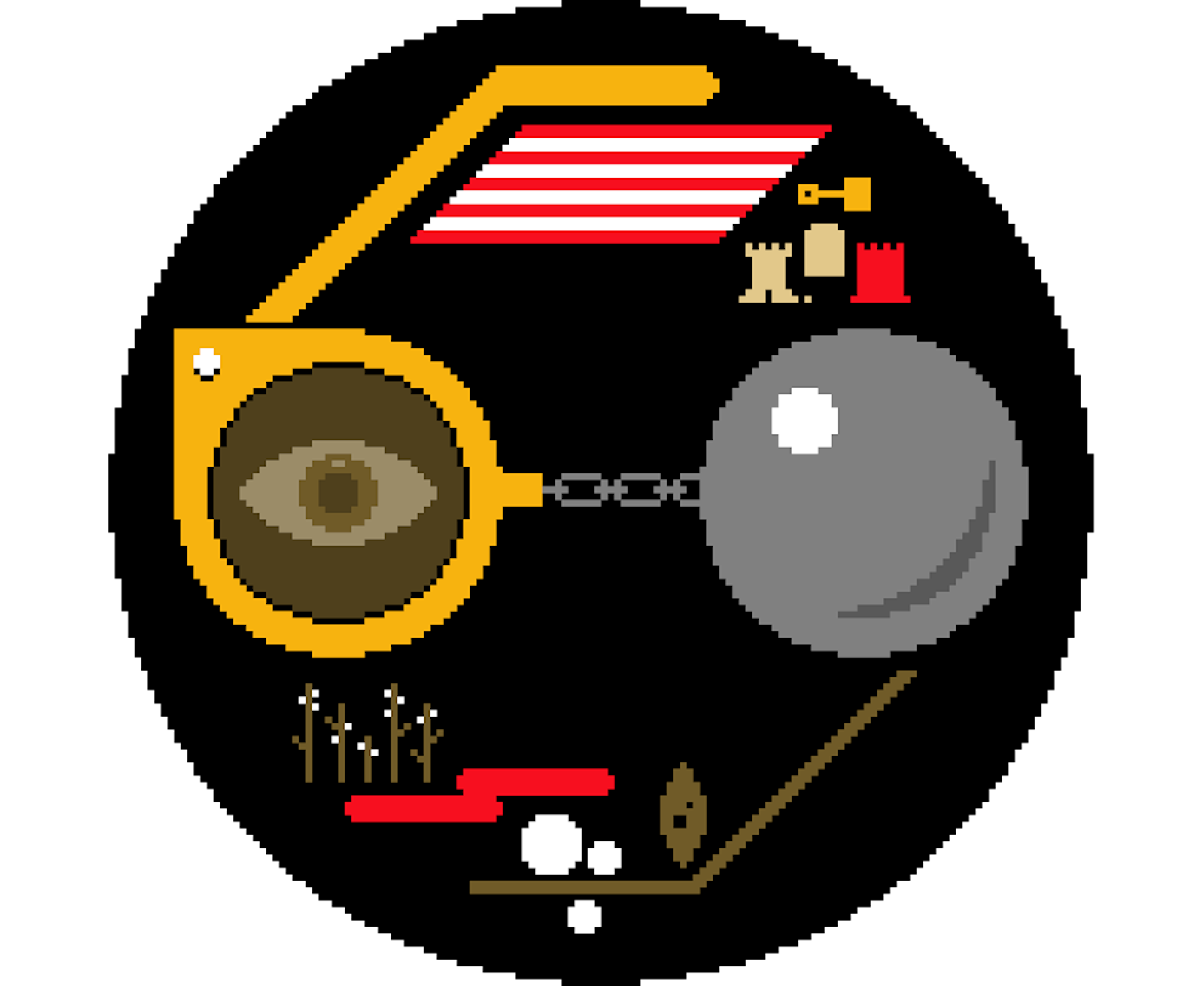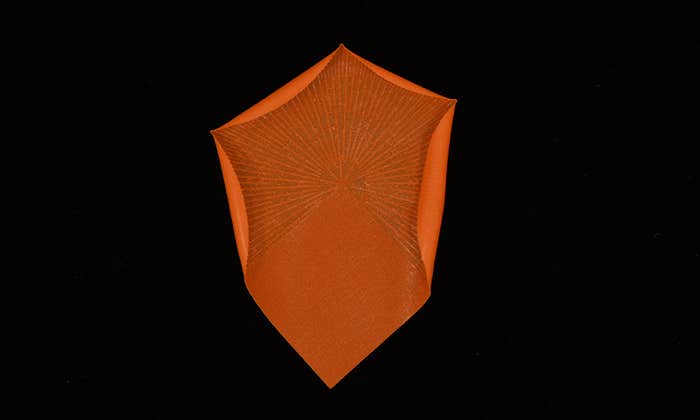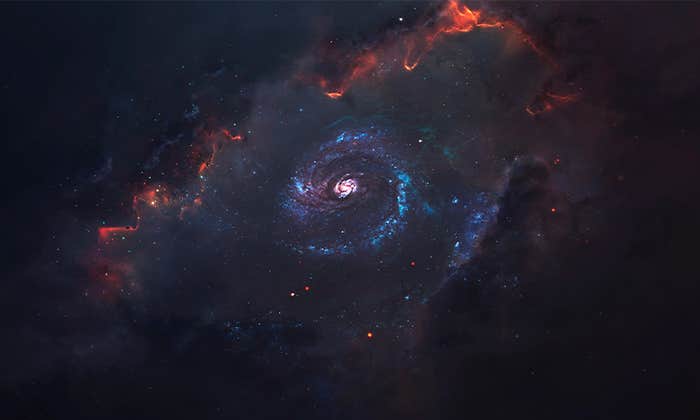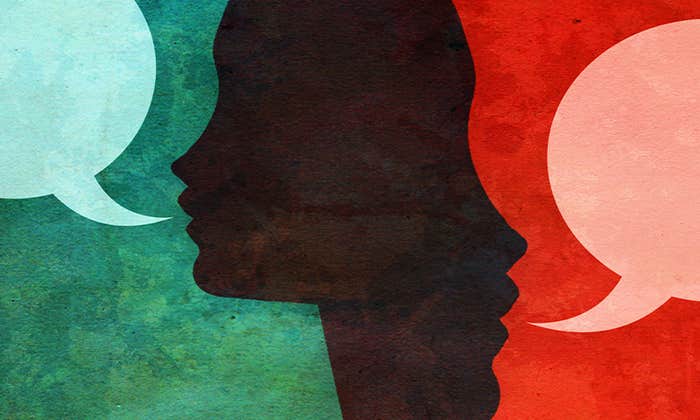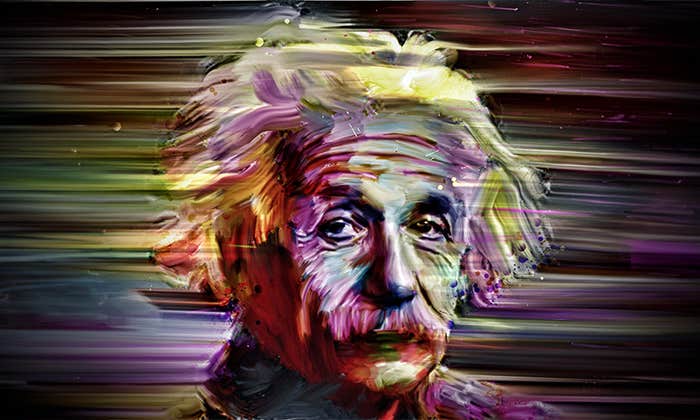Can you imagine a time before we dreamed about time travel? The idea of altering an unpleasant future disclosed by an oracle, and the associated paradoxes of Fate, have been with us for millennia; but before H.G. Wells’ The Time Traveller, in 1895, the concept of time travel was wispy and of very little cultural import. Wells’ thrilling tale of adventure catapulted it into the popular imagination.
Because Wells popularized time travel, his description of time travelling is allowed to be blurry; he was exploring brand-new territory, after all. Stories since then have had to be just as inventive, and most opt to take the concept in a new direction. (Read “A Nonlinear History of Time Travel,” James Gleick’s Nautilus feature, to appreciate the concept’s journey.) From the physics-challenging to the paradox-inviting, here are some of my favorite time travel narratives.
1. A Wrinkle in Time, by Madeleine L’Engle

Intrepid young universe travelers Meg and Charles Wallace fold, or “wrinkle,” space-time, an act not unlike traveling through a wormhole. L’Engle calls this sort of traveling ‘tessering,’ or performing a ‘tesseract’—a concept loosely borrowed from the four-dimensional cosmological construct of the same name, recently popularized in Christopher Nolan’s Interstellar.
2. A Sound of Thunder, by Ray Bradbury
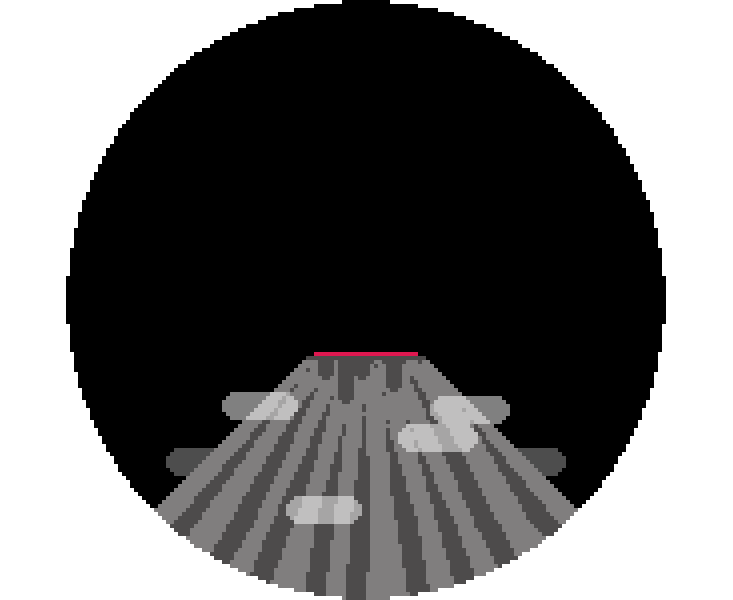
A character traveling to the Jurassic Era crushes a butterfly under his boot. Upon returning to the present he notices subtle changes in his world; funky word spellings, altered election outcomes, strange behavior. Bradbury’s story provides the first reference to the “butterfly effect,” in which small alterations in one place in space or time have massive ripple effects.
3. Rant, by Chuck Palahniuk

This temporal whirlpool of a novel vortexes around a dystopian future society and the collisions between its two factions. The book’s epic conclusion involves the grandfather paradox, by which changing the past (killing one’s grandparents) alters the future in an impossible way (preventing one’s birth). Rant inverts this idea, suggesting instead that killing—and replacing—one’s grandparents through time-travel makes one super-strong, perhaps immortal.
4. Doctor Who
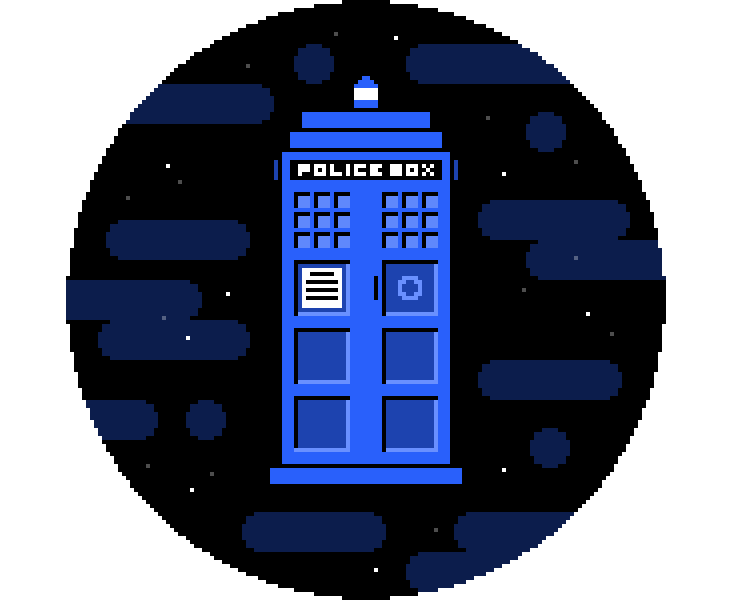
If you’ve seen the show, you’re familiar with the TARDIS, an organic phone booth that allows the Doctor and his pals to hop anywhere in time and space. Sounds like fantasy, right? Maybe. But, according to Benjamin K. Tippett and David Tsang, and their “blue box white paper,” a TARDIS could exist—provided a few new, gravitationally radical types of matter popped up in the universe for physicists to splice and dice.
5. Kindred, by Octavia Butler
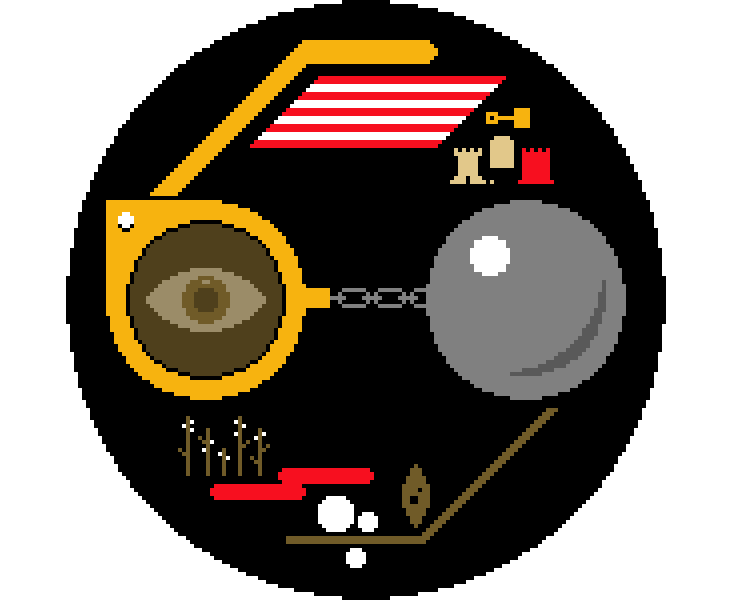
Kindred’s structure forces its readers out of linear time. Modeled after traditional antebellum slave narratives, Butler cuts and pastes past and future events together until they appear interchangeable, making it impossible for readers to interpret events according to cause-and-effect. In doing so, Kindred challenges our notion of linear progress, in particular questioning how far humans come as a species when many of our species’ fundamental struggles, like racism and sexism, occur cyclically.
Susie Neilson is an editorial fellow at Nautilus.















